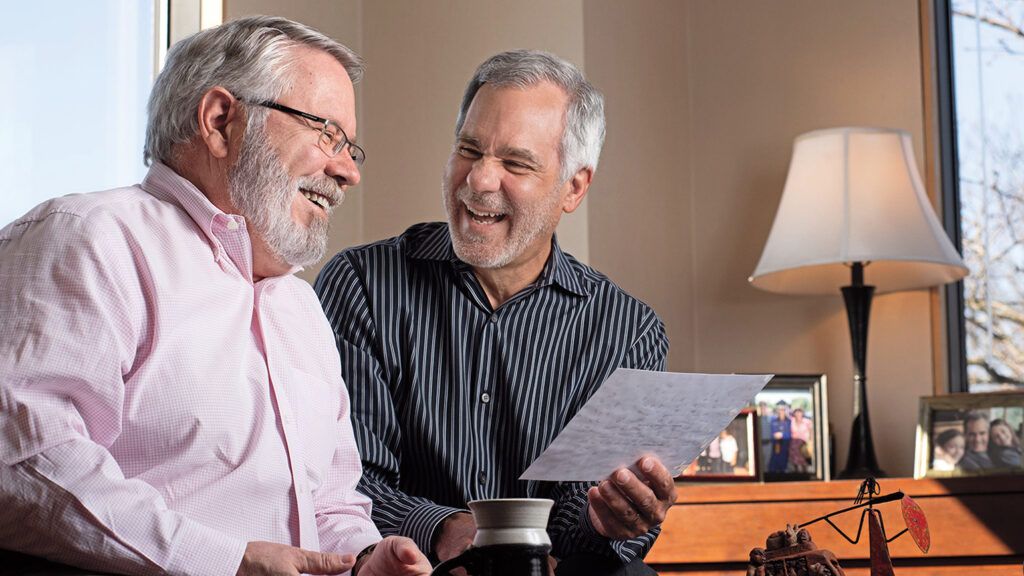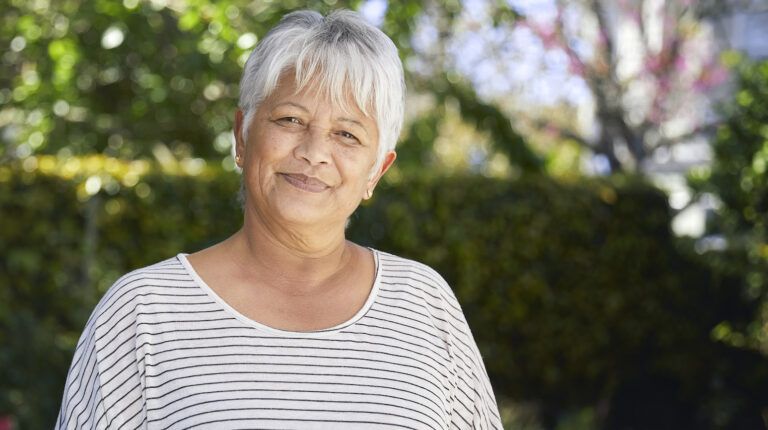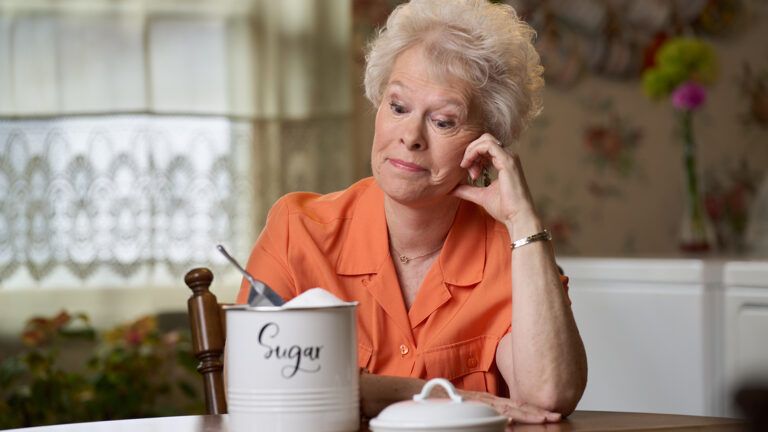Ken Phillips was my best friend. We’d known each other for 30 years. I knew he’d be thrilled for me when I called to tell him I was taking a great new job. It meant moving from Chicago to Philadelphia. A big change for my wife and me. I couldn’t wait to share the good news.
“What do you mean you’re leaving?” Ken said. I’d barely gotten the words out of my mouth. “You interview for a job in another city, and you don’t even tell me about it?”
I tried to explain how it was a startup that would help large donors make grants to help in many of the world’s poorest places. It had strong support behind it, but I’d been sworn to secrecy. The backers didn’t want to be overwhelmed by requests for donations. “Like you couldn’t tell me?” he asked. “I thought our friendship meant more to you than that.”
“I’m sorry,” I said. Sure, Ken and I had had some great conversations over the years. Watched each other’s kids grow up. Even taken a couple of vacations together. But things change. Ken was a psychiatrist, for Pete’s sake. How was he not getting this?
I’m a doer, focused on taking action, not talking about feelings. I had my hands full with work, family and now an exciting new job opportunity. Friends hadn’t been a huge priority, not the way they were for Ken obviously.
“We’ll still talk,” I said. “I’ll get back to Chicago occasionally. You can come to Philly. We can still be friends, can’t we?”
We’d met in Evanston, Illinois, home of Northwestern University, when Ken was an undergrad. My wife, Pennie, and I owned a small house nearby. I was starting my career in the fast-paced newsroom of WBBM, one of Chicago’s top radio stations. I’d grown up in Kansas City. Didn’t know a lot of people in Evanston. On Sundays we’d invite over a few of the college students who went to our church for a home-cooked meal. We weren’t much older than they were. It was just a chance for everyone to kick back.
But there was something about Ken. We’d connected immediately. He had a deeply inquisitive mind. It seemed as if we could talk about anything. The interests we shared, working on our old Fiat cars or listening to Southern gospel music. But also deeper subjects, such as our dreams for the future and how one finds purpose in life.
“If you’re not trying to make the world a better place, then you’re just taking up space,” Ken would say. He was like that. Passionate. Intense. He liked talking through his feelings and probing mine. A born shrink, even before he got his degree.
I was seven years older than Ken. When he married his wife, Lee, I gave him advice about marriage. Then more advice as he thought about starting his own practice. By that time, I’d already opened a television production business. Ken had seen the stress I was under and prescribed an antidepressant and given me some friendly advice about how to handle the pressures of my life. Our families got together most holidays. Pennie and I bought a small hobby farm west of Chicago. Ken and Lee often spent entire weekends at our rehabbed farmhouse. He was a great guy. But it had never occurred to me that our friendship might be as valuable as a great career move.
Ken and Lee gave us a warm sendoff. We parted on good terms. But we didn’t talk much in the months that followed. I was too busy in my new job. In 2002, a year after the move, Ken and his family decided to devote six months working at a school in Kenya. We visited them and went on a safari together. “Life goes by so fast,” Ken said one night as we looked up at the stars. “It makes friendships like ours all the more important.”
“Absolutely,” I said. We’d picked up right where we left off. Just as I figured we would.
Except when we got back to the U.S., we talked even less. Life kept getting in the way. Pennie was diagnosed with kidney cancer and had successful surgery. I moved on to other jobs. Bigger opportunities. In 2009, Pennie and I moved to Colorado Springs so I could head the international division of a nonprofit to develop a program for children who’ve experienced crisis. I sent Ken an e-mail telling him our new address. More and more that’s how we communicated, and months would pass between missives. Sometimes I thought about those conversations Ken and I used to have about making a difference. It seemed as if we’d both found everything we were looking for.
Until September 2012, when everything changed. It started with an e-mail from Ken: Lee had been diagnosed with advanced pancreatic cancer. My heart went out to them. I felt guilty for not having been more in touch. “Praying for both of you,” I wrote back. “Let me know if there is anything I can do.”
Then just a few weeks later, I was in India for work. Pennie came with me. A couple of days into that trip, she woke in the middle of the night, struggling to breathe. We rushed to a hospital, where doctors discovered that one of her lungs was filled with fluid. Even worse, this meant the cancer was back, more aggressive than ever. We flew home to Colorado. Pennie died days later.
I called Ken to tell him. Lee’s health had become fragile. Once again, it seemed my life was a preview of his. “I don’t know how you’re holding up,” Ken said. “I’m so sorry about Pennie, but it means a lot to hear from you just now. Let’s stay in touch.”
In February 2013, I flew to Chicago to see Ken and Lee. Lee was very weak. Ken was caring for her. He and I sat in the den in whispered conversation, talking about grief and loss, living alone. Praying for a miracle. It felt more intimate, more urgent than any of our other talks. And yet familiar. As the weekend went on, it began to sink in that there was no one I’d ever been able to talk to quite like Ken. God had brought us together. I let myself imagine moving back to Chicago, being there for Ken in any way I could. This friendship mattered. Way more than work.
That spring, I left my job and Colorado. I was rethinking everything as I entered the retirement season of my life. Through a friend, I met a woman named Diane, who also had roots in Chicago.
I thought about what was most important for a happy fulfilling life in this season: health, mental stimulation, spiritual nourishment, financial stability and good friends. I’d nearly let that last one slip away. I wasn’t going to make that mistake again.
Diane and I eventually moved back to Chicago. Ken and I have reconnected. We are adamant about getting together often. We like having guys’ breakfasts at our favorite pancake restaurant. Ken and I have celebrated my marriage to Diane, and we’ve shared happy tears over the miraculous answer to our prayers for Lee’s health. Ken and I can talk about anything and we do. Just like our old days in Evanston. Only better.
Read more: How to Build Friendships in Your Senior Years
For more inspiring stories, subscribe to Guideposts magazine.





